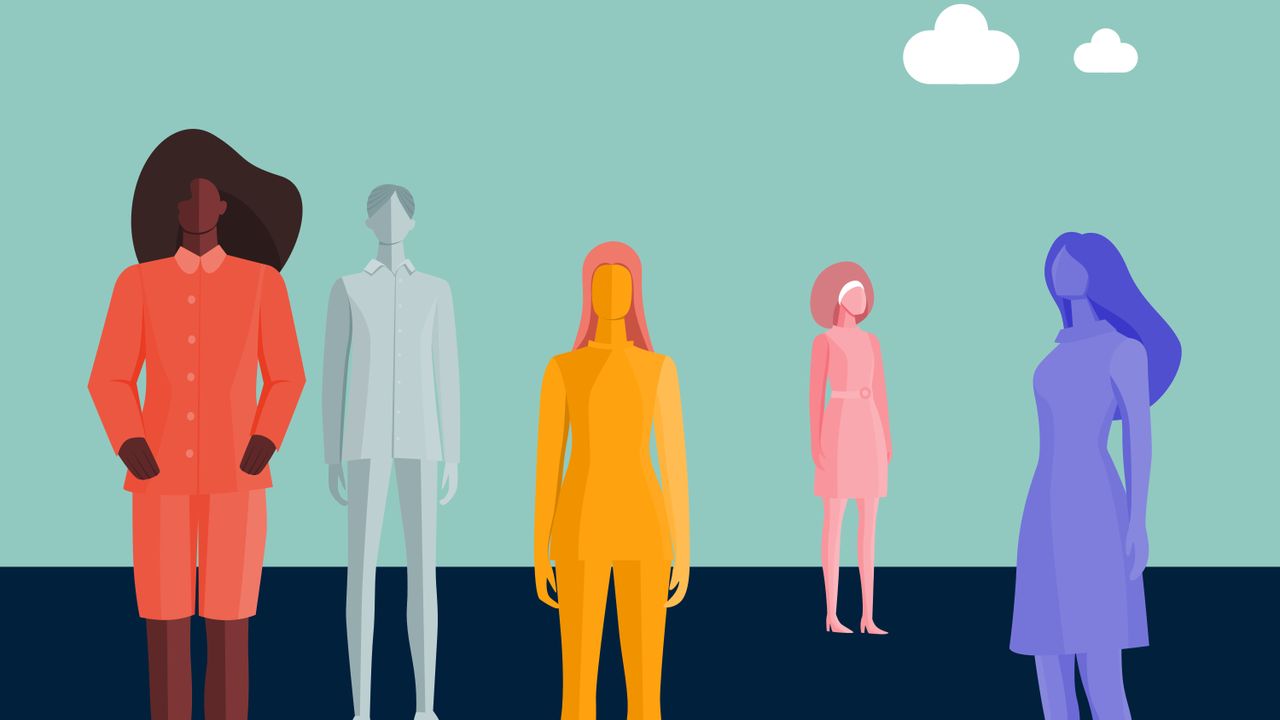Tesla shareholders filed a lawsuit in federal court Monday against both the EV company and CEO Elon Musk, alleging they made “materially false and misleading statements” about the safety of their robotaxis and the regulatory scrutiny that comes with launching autonomous vehicles. Tesla launched its Robotaxi service in Austin, Texas, on June 22, but there’s a human “safety monitor” in the passenger seat, and the robotic vehicles are geofenced to a relatively small area in the city.
Despite the precautions from Tesla, there have been several videos posted online of scary incidents with the robotaxis acting erratically in Austin. The new lawsuit cites a Bloomberg article from June 23 titled “Tesla Robotaxi Videos Show Speeding, Driving Into Wrong Lane,” to explain how the robotaxis were allegedly violating traffic laws from their very first day in operation.
The lawsuit also cites an article from June 23 with the headline “Tesla Robotaxi Incidents Draw Scrutiny From US Safety Agency,” about the National Highway Traffic Safety Administration (NHTSA) contacting Tesla about social media videos showing “incidents” involving road safety. The suit notes that Tesla’s stock fell on reports of issues in Austin with the robotaxis.
The suit also makes note of a Tesla earnings call in April where Musk said, “The team and I are laser focused on bringing robotaxi to Austin in June.” That call was notable because it was just after Tesla reported a 71% drop in profits, but Musk kept promising that big things were coming.
Musk has spent years promising that Teslas will soon be fully autonomous. In fact, there’s an entire Wikipedia page devoted to Musk’s failed predictions about when so-called full self-driving would allow for Tesla vehicles to safely drive people without any supervision from the driver. And Musk still promises that it will happen soon. In fact, he often claims they already do drive themselves, like on Aug. 3 when he wrote, “Teslas can drive themselves!”
The suit was filed by Pomerantz LLP in U.S. District Court, Western District of Texas, and is called Morand v. Tesla Inc. et al. Chief Financial Officer Vaibhav Taneja and Zachary Kirkhorn, who served as CFO of Tesla until 2023, are also listed as defendants along with Musk and Tesla. The shareholder suit alleges that Taneja and Kirkhorn “enriched” themselves “by engaging in insider sales of the Company’s shares while those shares traded at artificially high prices.” Neither Taneja nor Kirkhorn immediately responded to questions emailed Tuesday. The lawsuit is seeking class action status.
Tesla has been struggling with declining sales this year, largely tied to Musk’s support of President Donald Trump, his role in destroying vital parts of the U.S. federal government, and those two Nazi-style salutes he gave on Jan. 20. And a jury in Miami ordered Tesla to pay $240 million in damages last week in a case involving its Autopilot technology.
The Tesla Robotaxi is distinct from the more ambitious Cybercab vehicle that Musk unveiled in October of 2024. While the Cybercab is a concept for a purpose-built two-seater vehicle that lacks a steering wheel and pedals, the Robotaxi (a generic term that Musk has tried to own) is just a regular Tesla Model Y vehicle that anyone can buy. Musk has said the Cybercab will be available in 2-3 years, a claim that should obviously be taken with some skepticism, given the billionaire’s rather optimistic timelines.
Tesla has also reportedly launched its robotaxi service in San Francisco on July 31, though it’s still unclear what’s happening there. The California Public Utilities Commission told Wired that Tesla claims the initiative in question was an “employee-only taxi service to friends and family of employees” along with “select” members of the public, but Musk has been heavily suggesting on X that whatever they’re doing in the Bay Area is a much wider launch.
Tesla didn’t immediately respond to questions emailed Tuesday. Gizmodo will update this post if we hear back, though the company abolished its PR department in 2020, and getting any kind of response seems unlikely. Musk is notoriously hostile to the media and set up an auto-responder shortly after he bought Twitter that just replied with a poop emoji to any journalist’s questions.




